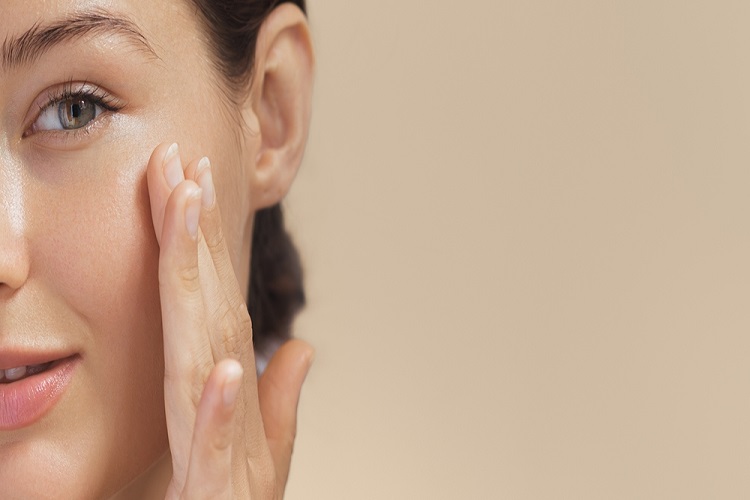In recent years, dental tourism has gained popularity as an alternative option for individuals seeking dental care. The allure of affordable treatments combined with the opportunity to explore new destinations has led many to consider dental procedures abroad. However, like any medical decision, there are both advantages and disadvantages associated with dental tourism. In this article, we will explore the pros and cons of seeking dental care abroad, shedding light on important factors to consider before making such a decision.
Table of Contents
Pros of Dental Tourism
Cost Savings:
The substantial financial savings are one of the main factors influencing people to choose dental tourism. Dental procedures can be expensive in many developed countries, and seeking treatment abroad often allows patients to access high-quality care at a fraction of the cost.
Quality of Care:
Contrary to common misconceptions, many dental tourism destinations boast reputable clinics and skilled professionals. Internationally accredited dental facilities in popular tourism spots often adhere to rigorous standards, ensuring that patients receive quality care comparable to what they might find in their home country.
Combining Treatment with Travel:
Dental tourism allows patients to combine necessary dental procedures with a vacation. This dual-purpose trip appeals to those who wish to address their dental needs while exploring new cultures, enjoying scenic landscapes, and experiencing a change of scenery.
Reduced Waiting Times:
In some cases, dental tourism can provide quicker access to treatments. Patients may experience shorter waiting times for appointments and procedures, allowing them to address dental issues promptly.
Access to Specialized Procedures:
Certain dental procedures may be more readily available or less expensive in specific countries. This can be particularly advantageous for individuals seeking specialized treatments that may be cost-prohibitive or unavailable in their home country.
Cons of Dental Tourism
Quality Concerns:
Despite the existence of high-quality dental facilities, there are instances where patients may receive subpar treatment. Variations in dental standards and regulatory practices across countries can pose a risk, and patients must thoroughly research and choose accredited clinics.
Communication Challenges:
Language barriers can complicate the communication between patients and dental professionals. Misunderstandings regarding treatment plans, postoperative care, and other critical information may arise, emphasizing the importance of selecting clinics with staff proficient in the patient’s language.
Follow-up Care Challenges:
After undergoing dental procedures abroad, obtaining follow-up care can be challenging. Distance, time zone differences, and the lack of a familiar healthcare system may hinder proper postoperative support, making it crucial for patients to plan for adequate follow-up care upon their return home.
Unfamiliar Regulatory Standards:
Dental tourism often involves navigating unfamiliar regulatory landscapes. Patients may find it challenging to ensure that the dental clinic adheres to the same safety and hygiene standards as those in their home country, potentially exposing them to unforeseen risks.
Travel Risks:
The logistics of international travel introduce additional considerations. Flight delays, unforeseen health issues during travel, or other travel-related challenges can complicate the overall experience and impact the success of dental treatment.
Mitigating Risks in Dental Tourism
Thorough Research:
Before embarking on dental tourism, thorough research is essential. This includes investigating the credentials of potential dental clinics, reading patient reviews, and verifying accreditation. This diligence can significantly reduce the risk of receiving substandard care.
Consultation and Treatment Planning:
Engaging in detailed consultations with dental professionals before the trip is crucial. Patients should discuss treatment plans, potential risks, and postoperative care to ensure they have a comprehensive understanding of the procedures and expectations.
Language Assistance:
Choosing a dental clinic with staff fluent in the patient’s language can minimize communication challenges. Clear and effective communication is vital for understanding treatment options, potential complications, and postoperative care instructions.
Establishing a Follow-up Plan:
Patients must plan for follow-up care before embarking on dental tourism. This may involve coordinating with local Highland park orthodontist at home or arranging virtual consultations for postoperative assessments and guidance.
Travel Insurance:
To mitigate travel-related risks, including unexpected health issues during the trip, patients should consider obtaining comprehensive travel insurance. This can provide financial protection and assistance in case of emergencies.
Conclusion
Dental tourism presents a viable option for those seeking cost-effective dental care while enjoying the benefits of travel. However, it is not without its challenges, and patients must carefully weigh the pros and cons before making a decision. Thorough research, open communication with dental professionals, and strategic planning for follow-up care are crucial elements in ensuring a successful dental tourism experience. By navigating the potential risks with diligence and awareness, individuals can make informed decisions that align with their dental and travel goals.










Comments